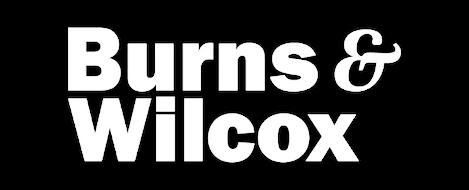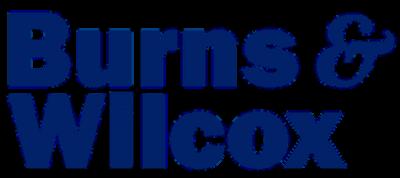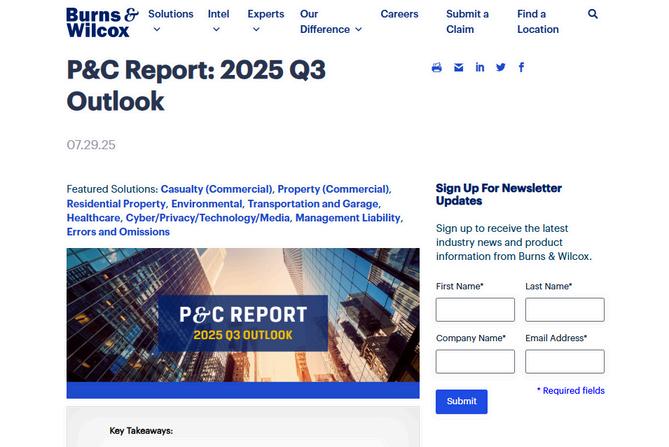








The Commercial market may be softening in some areas, but certain risks still require E&S support, especially for challenging sectors like like Habitational and Hospitality.
Commercial Property in CAT zones remains tough to place—even as pricing softens.

“Reinsurers have lowered their thresholds to limit exposure, especially with wildfires. As a result, we may need to approach numerous carriers to secure higher limits.”
Lana Dennis Manager, Commercial Insurance Burns & Wilcox
Salt Lake City, UT

Online visibility is influencing underwriting. Google reviews and mapping tools can expose hazards that limit capacity.
Brokers should visit locations and proactively identify exposures—mechanical bulls and similar risks should be disclosed early.
Sectors with Liquor Liability exposures face mounting exclusions—Assault & Battery and Firearms in particular. E&S markets remain essential to find viable coverage terms.

The Environmental market is strong and stable, with rate increases of 5–10% driven by demand for Contractors and Pollution Liability coverage.
PFAS exposure is growing—and remains difficult to insure.
Disposal is dangerous, claims can surface long after policies expire, and 5,000+ substances have been linked to serious health issues.
Cleanup costs and multi-policy exposure continue to drive premium increases and limit availability.

As carriers push for profitability, the Transportation sector is marked by firm underwriting discipline. Capacity remains constrained, and higher rates have not fully offset industry losses.
Carriers are relying heavily on: Telematics and dashcams
CSA scores
Detailed loss histories
Clean safety records and proactive maintenance are essential for preferred terms.

